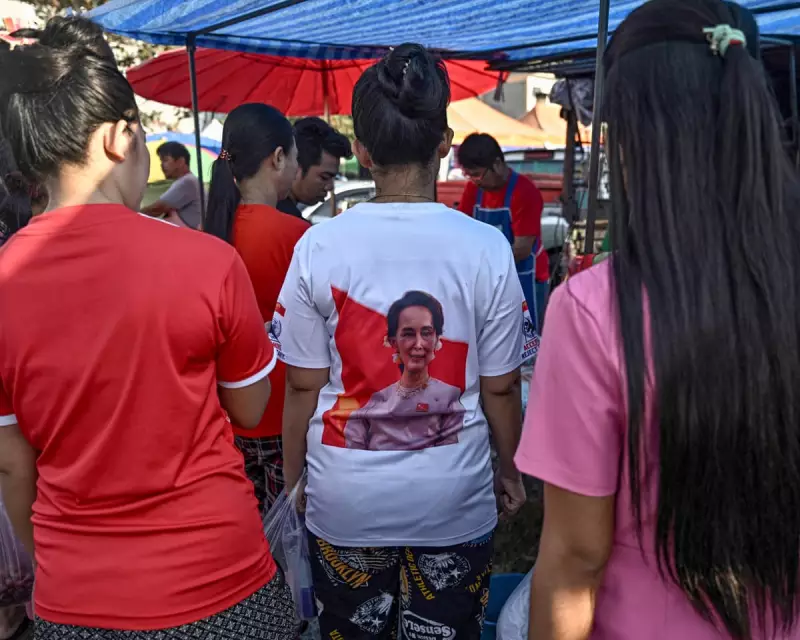
In a significant humanitarian and economic policy shift, Thailand has announced it will grant work rights to refugees from Myanmar who have fled the ongoing civil conflict in their homeland. This groundbreaking decision comes as the Southeast Asian nation faces acute labour shortages while international aid organisations dramatically scale back support for displaced populations.
Addressing Dual Crises Through Progressive Policy
The new regulations will allow approximately 90,000 Myanmar nationals currently sheltering in temporary border camps to seek employment in Thailand's formal economy. This move represents a dramatic departure from previous policies that confined refugees to camps with limited economic opportunities.
"This isn't just about filling job vacancies—it's about restoring dignity and self-sufficiency to people who have lost everything," explained a senior Thai immigration official who spoke on condition of anonymity.
Economic Imperatives Meet Humanitarian Needs
Thailand's manufacturing, agriculture, and construction sectors have been struggling with severe worker shortages since the pandemic, with an estimated deficit of over 300,000 labourers. Meanwhile, international aid cuts have left refugee camps dangerously underfunded, threatening basic services including healthcare and education.
- Refugees will receive temporary work permits valid for two years
- Employment will be restricted to specific sectors facing critical shortages
- Family members may remain in camps while workers relocate for employment
A Delicate Balancing Act
The policy represents a careful compromise between Thailand's economic needs and its complex relationship with Myanmar's military government. While providing economic relief to refugees, authorities have emphasised that this does not constitute formal asylum recognition or permanent settlement rights.
"We must be pragmatic in our approach," noted a government spokesperson. "These individuals have skills our economy needs, while they need the opportunity to support themselves and their families during this difficult period."
Regional Implications and International Response
Human rights organisations have cautiously welcomed the move, describing it as a potential model for other nations hosting large refugee populations. However, concerns remain about implementation, particularly regarding protection against exploitation and access to legal recourse for workers.
The decision comes as Myanmar's civil conflict shows no signs of abating, with recent months seeing intensified fighting between the military junta and various ethnic armed groups and resistance forces. The UN estimates that over 2.6 million people have been displaced within Myanmar since the 2021 coup, with hundreds of thousands fleeing across borders.
As Thailand navigates this new approach, all eyes will be on how this bold experiment in combining humanitarian assistance with economic pragmatism unfolds in the coming months.





